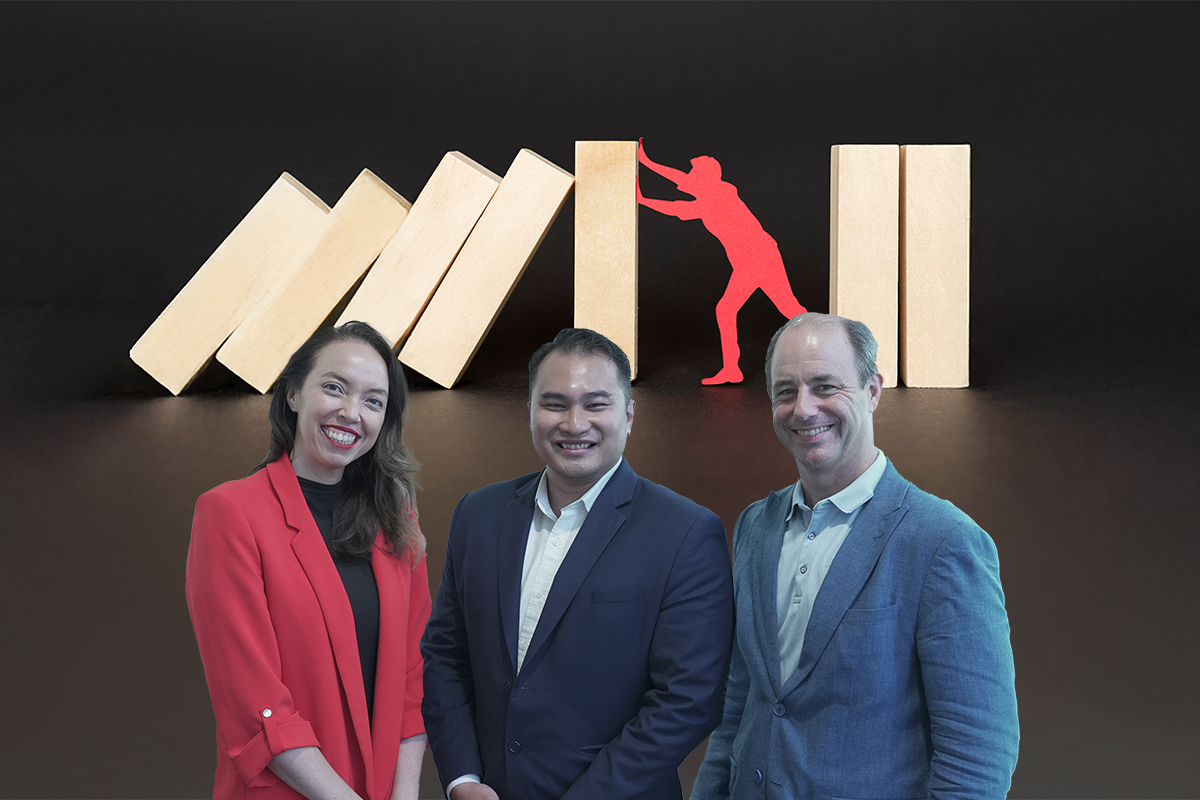
The volatile world of business—with fast technological advances, geopolitical shifts, and evolving market dynamics—requires leaders to pivot strategies quickly and seize opportunities emerging from disruption.
During our recent Fireside panel for the EXCEL Leadership Programme, we explored pragmatic life lessons with Karina Cady, CEO of Nandina REM, as well as Olivier van Grembergen, Vice President Asia of Amdocs for navigating the turmoil when making decisions during crises.
Expertly moderated by Programme Director, Dr Faisal Aman, the panel highlighted six actionable insights for leaders navigating turbulence and transformation.
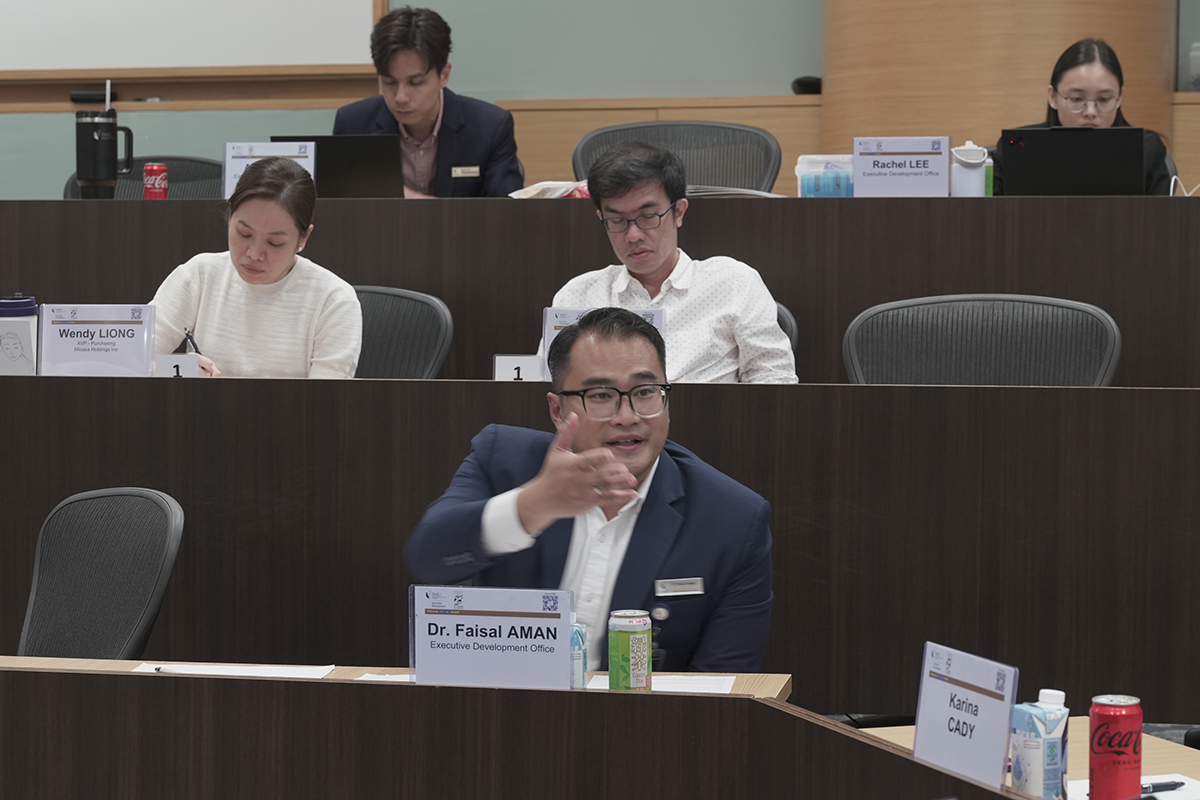
Six actionable insights for leaders when navigating a crisis
1. Mental Agility and Decisive Action: Move Forward, Even Amid Uncertainty
Volatile conditions rarely allow for perfect information. Karina emphasised the importance of mental agility—shifting priorities quickly and taking action without being paralyzed by the fear of making mistakes. She shared, “You must move forward and act. The wrong decision is better than no decision—because actions generate learning and momentum.”
This mental shift allows leaders and organisations to use failure as a positive KPI, to learn from failures and to drive improvement, rather than just tracking the occurrence of failure. It allows them to adapt responsively, learn from outcomes to navigate uncertainty effectively, and prevent paralysis that may stall progress during crisis. With this, leaders stay mentally flexible and committed to swift decisions, both essential traits of crisis leadership.
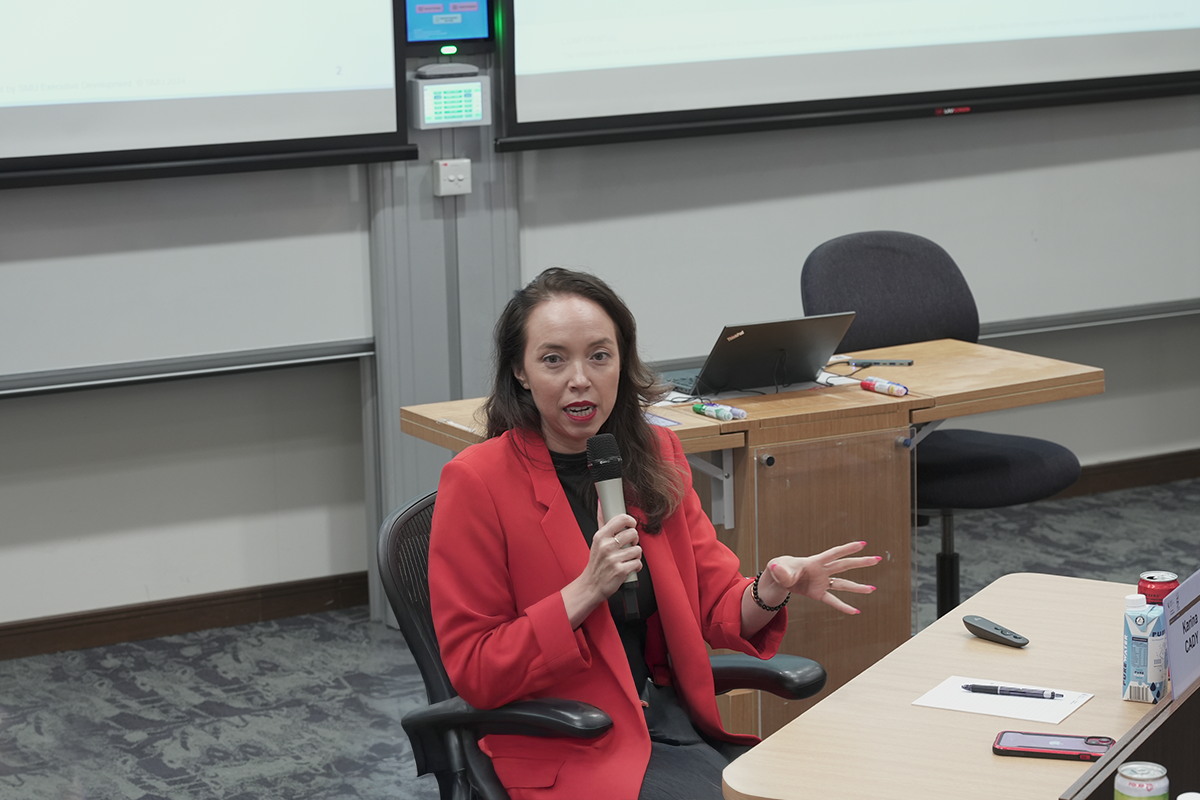
2. Empower through Transparency and Delegation
Openly communicating challenges to the team—even when the news is difficult—builds trust and collective ownership. Leaders should empower their teams to make decisions at every level, creating a culture where initiative and accountability are core values in a team.
Olivier highlighted the importance of "multiplier leadership," where leaders work themselves out of a job by enabling others to take ownership, an essential strategy to scale leadership and resilience within organisations.
3. Balancing Accountability with Wellbeing by Building Trust
The human side of leadership is crucial in high-stress environments. Leading through volatility demands a balanced approach that holds teams accountable while recognising the emotional and personal toll of crisis.
Both Karina and Olivier noted the necessity of balancing execution and accountability with genuine empathy and wellbeing for the team handling crises. They recommend leaders to actively engage with team members to steward their team's wellbeing—staying alert to team burnout, encourage openness about stress, and actively support work-life balance by modeling and mandating restorative breaks when needed.
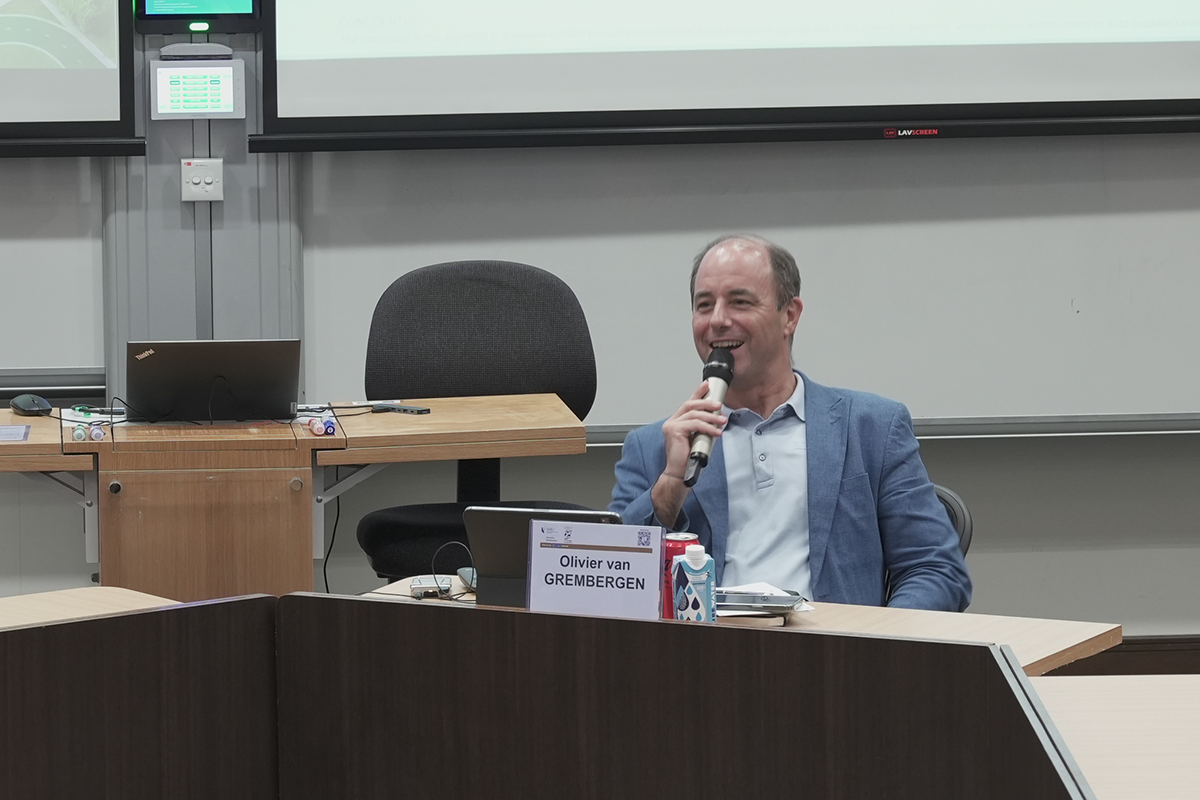
4. Crisis as Catalyst: Foster Innovation Through Radical Customer Obsession
Crisis moments present unique windows for radical innovation and operational resets. Karina recounted how a crisis led her startup to pivot, innovate their client approach, and rapidly adopt streamlined digital tools. She highlighted that channeling the urgency of crisis into targeted experimentation can unlock new markets, products, and working methods that strengthen resilience and fuel future growth.
Similarly, Olivier proposed to embrace radical customer obsession—to anchor every decision in understanding and anticipating customer needs. This focus drives sustainable growth, and creates value for all stakeholders.
5. Communicate Clearly and Foster Inclusion
Diversity of thought and genuine dialogue are essential for robust decision-making in uncertain times. Leaders must intentionally create environments that encourage real conversations, welcome dissenting opinions, and avoid echo chambers. Active listening, clear communication of roles, and deliberate inclusivity help teams remain adaptive, aligned, and resilient.
An inclusive environment also encourages psychological safety, allowing teams to voice concerns and share unconventional ideas critical for innovation and resilience. Understanding cultural nuances—such as how humor or risk-taking is perceived differently across cultures—is also key to maintaining clarity and cohesion in complex multinational teams.
This openness enhances trust, reduces misunderstandings, and strengthens the collective capacity to weather crisis.
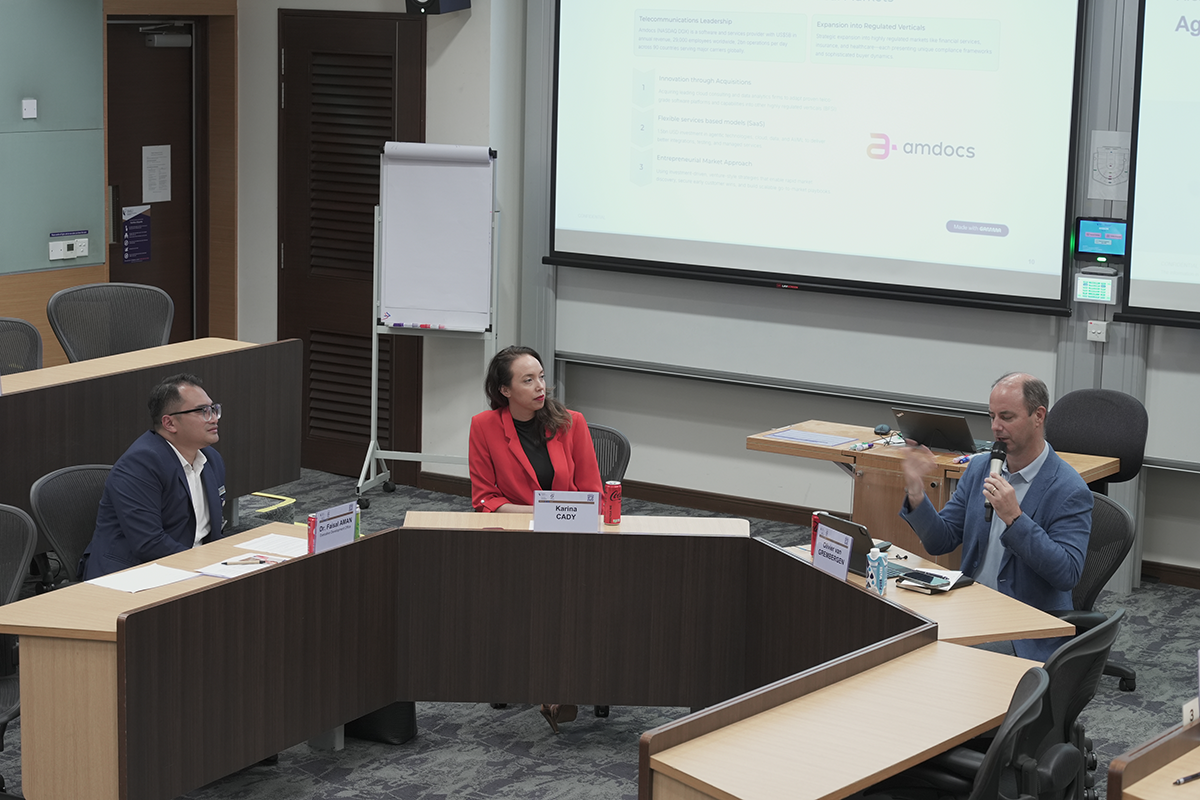
6. Focus on the Circle of Influence, not the Circle of Concern
In volatile and uncertain times, leaders must recognise that they cannot control every factor, every stakeholder’s thoughts, or every action across their ecosystem. Effective leaders channel their time, energy, and resources on their circle of influence—the core stakeholders, decisions, and actions they can directly affect. This includes their own behaviors, their team’s performance, and key partner relationships.
In comparison, the circle of concern encompasses all the external factors leaders might worry about, such as market conditions, competitor moves, geopolitical events, or even the opinions and actions of others. These lie beyond their control or direct influence.
By focusing on what truly matters and what they can shape, leaders avoid expending effort on uncontrollable variables that cause stress or distraction. This focus improves clarity, decision-making speed, and resilience.
Interested to learn more about leadership for the unpredictable world?
Explore bespoke SMU Executive Development courses and programmes designed to equip leaders with the mindsets and toolkits to thrive in today’s uncertain environment.
To find out more, speak with our Business Development Managers for Short Courses:
- Desmond Ng at desmondngjj@smu.edu.sg or +65 6808 5393
- Ayden Tay at aydentay@smu.edu.sg or +65 6826 1317